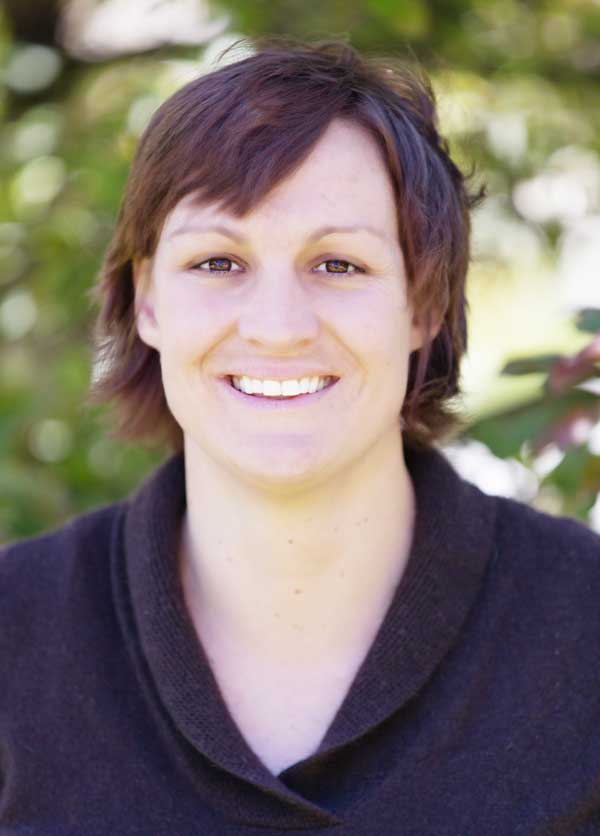Two new courses to be offered by the Environmental and Health Sciences department
Professor of Health Sciences Amy Welch
The Environmental and Health Sciences department at Johnson State College will offer two new programs for the fall 2014 semester.
The first of these programs will see the health sciences teaming up with the behavioral sciences to create a new concentration specifically for psychology majors. Health and sports psychology will be a three course program, totaling 11 credits, followed by two electives from the health sciences.
“There are so many directions that students can go in with psychology,” said Professor of Behavioral Sciences Gina Mireault. “Sometimes we think that our majors are not always aware of all these directions with their degree, and this is one way to help with that. It is a rich market for a psych major.”
These three upper-level courses include two classes that already exist within the health science curriculum. Psychology of sports and exercise, which focuses on how principles and theories of psychology relate to physical education and injury recovery, and psychophysiology of stress, a course designed specifically for senior and graduate students, which focuses on the psychological and physiological aspects of the stress response.
The last course was recently developed by Associate Professor of Environmental and Health Sciences Amy Welch. Health Behavior Change and Adherence will explore practical techniques, tools, and interventions such as counseling skills and motivational interviewing.
“Because the courses were here, and because Amy is here, it just made sense,” said Mireault.
This new concentration was envisioned by Welch and Mireault, and it will be available to students after they complete a required 31 credit hours of core classes.
“We now have the opportunity to pull together a concentration without having to develop too many new courses,” said Welch.
The current health and exercise science major deals mostly with the physiological aspects of athletic health, such as exercise physiology and nutrition. The new concentration will focus mainly on the psychological aspects of sport instead.
The Health and Sports Psychology concentration, which has been approved by the curriculum committee, still has to be approved by the faculty assembly before it is enacted.
The other program in the works is a pre-physical therapy track within the health science program. This new track was designed by Welch and Associate Professor of Environmental and Health Sciences Hans Haverkamp. It is designed to prepare students for graduate school in physical therapy by providing them with the appropriate prerequisites.
“These days, to become a physical therapist people will get a doctorate in physical therapy,” said Welch.
The track not only covers physical therapy, but can be slightly modified to provide the prerequisites for students who wish to become physician’s assistants or study chiropractic sciences.
The college already offers the appropriate undergraduate prerequisites and this track is a way of formalizing something the department is already doing.
No new courses were created for this track. In fact, many students are already taking an informal version of it, according to Welch, and this track is a way to formalize everything.
The department has also built in potential internship and research opportunities.
“That is a big part of getting into those graduate programs: getting the internship hours and the shadowing hours with physical therapists or chiropractors,” said Welch.
This track has already gone through the department, and will be submitted to the curriculum committee sometime next week.
“I am confident that it is going to go through. Physical therapy is one of those careers that have become popular,” said Welch.
Josh LeMay joined the Basement Medicine staff in Spring 2014, assuming the role of staff reporter.



